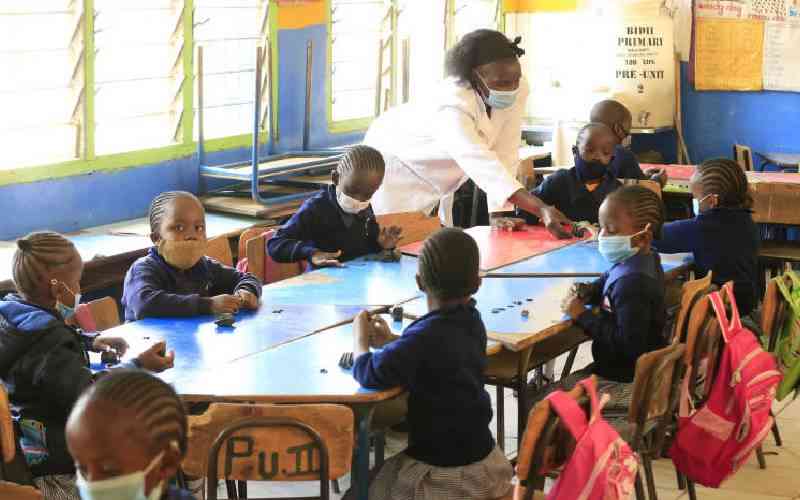×
The Standard e-Paper
Smart Minds Choose Us

Finer details on how Grade Six learners are being assessed have emerged, revealing a major departure from the multiple-choice tests administered in Kenya Certificate of Primary Education (KCPE) under the previous 8-4-4 education system.
The tests being rolled out under the Competency-Based Curriculum (CBC) entail a balance between formative and summative assessments.